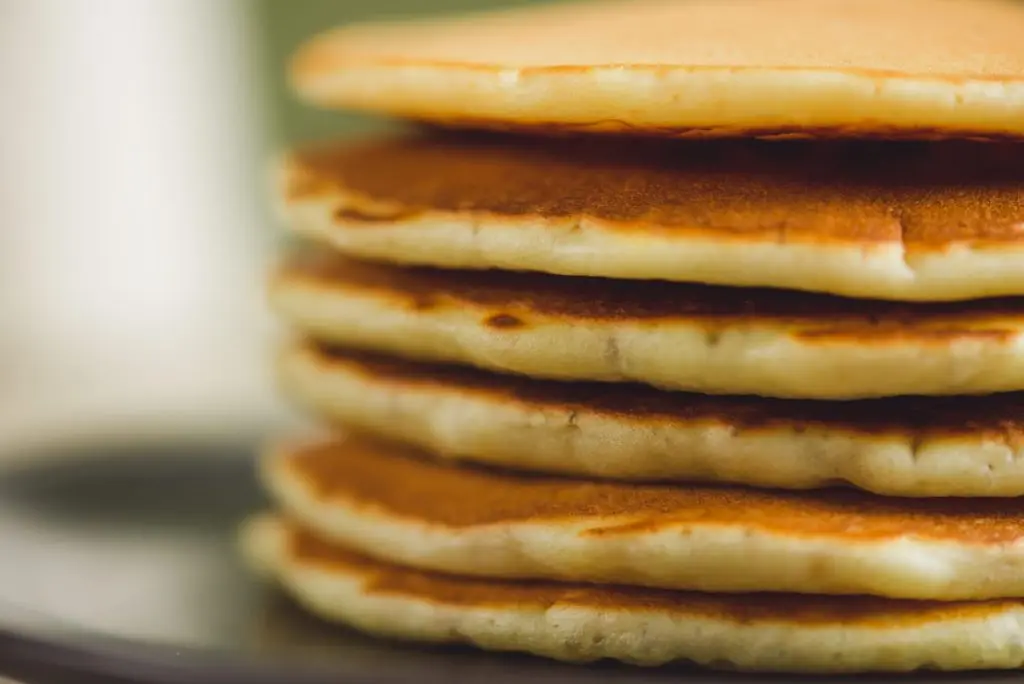The heartbroken family of a student who died after choking in a pancake-eating contest is suing her university. Caitlin Nelson, 20, died in March 2017 after her airway became blocked by a mass of pancakes during an eating competition at Connecticut’s Sacred Heart University. Witnesses say sorority vice president Caitlin collapsed and started convulsing after eating about five pancakes. Nursing students immediately administered first aid at the event, and paramedics and police officers soon joined them. Caitlin was rushed to the hospital in critical condition and died two days later.
Caitlin’s family has launched legal action against Sacred Heart University over the incident. The lawsuit asserts that removing a substantial amount of concrete-like pancake paste from Caitlin’s airway was necessary. The family also wants to improve awareness of the dangers presented by amateur eating challenges and save lives by preventing similar tragedies in the future.
Competitive Eating Dangers
Several fatal incidents surrounding competitive eating contests have prompted widespread criticism of the events. Just days after Caitlin Nelson’s death, a 42-year-old man in Denver passed away due to choking during a doughnut-eating challenge. In another incident in 2014, a competitive eater died during a hot dog-eating competition. Almost all competitive eating deaths are attributed to choking due to the high volume of food consumed with minimal chewing, creating a serious risk of airway blockages. Even competitive eaters acknowledge that amateurs unfamiliar with rapid, high-volume eating may find it dangerous.
Choking is not the only danger presented by eating competitions, though, especially for competitive eaters who test their limits regularly. It can cause vomiting, nausea, chronic indigestion, stomach perforations, and even conditions that stop the body from processing food properly.
Liability Issues
The question of liability can be complicated when it comes to eating competitions. Organizers will usually have entrants sign a waiver before participating in a contest. This practice is well-established in professional competitions that an experienced organizing body has set up. However, in many amateur contests, waivers are not signed.
Even after signing, a waiver might not hold up in court. This means that there may still be a liability case, allowing for legal action to be taken. Amateur entrants may be ruled unaware of the risks and unable to make informed decisions. Generally, minors, those under the influence of alcohol, and unclear writing render waivers unenforceable.
In the case of Caitlin Nelson, the family is filing a lawsuit because they believe the proper precautions were not taken to make the university contest safe. Anyone else who has suffered a loss or injury through a premises claim may also be able to seek compensation. Contact an experienced premises liability attorney who can take you through your legal options.



